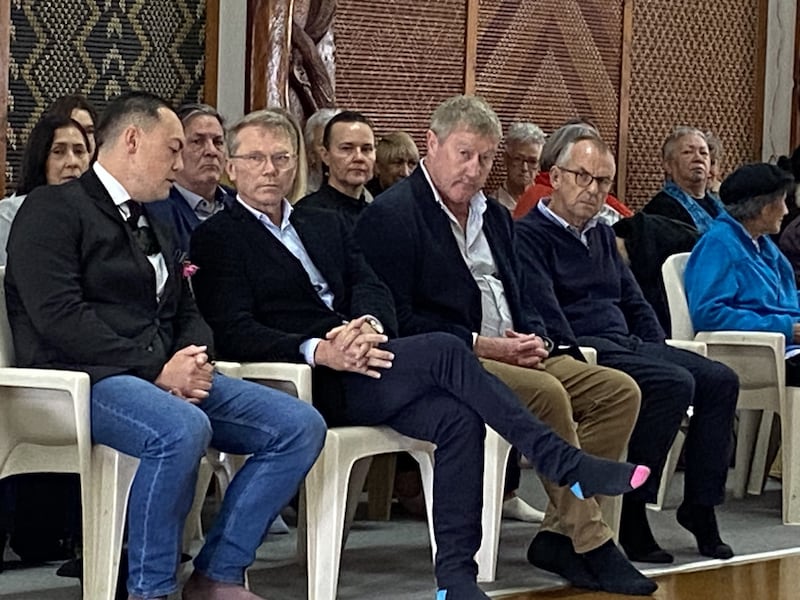Treaty Negotiations Minister Paul Goldsmith has acknowledged that some hapū within Ngāpuhi may choose never to settle their Treaty claims, but says the government’s push to conclude all settlements by 2035 remains firmly on track.
His comments came on day two of Scrutiny Week, as Goldsmith and Justine Smith, CEO of Te Tari Whakatau, the Office of Treaty Settlements, and Takutai Moana fronted the Māori Affairs Select Committee.
When questioned by Green Party MP Steve Abel about whether setting an end date for Treaty settlements is realistic, Goldsmith replied that reaching an agreement requires both parties.
He added that he didn’t believe New Zealanders would accept a Treaty process that continued indefinitely.
“Well, ultimately, it’s not something that can be forced by any Government, to state the obvious. A settlement requires two parties to settle.
“I don’t think the patience of New Zealanders as a whole is infinite, and people do want to see this process completed,“ says Goldsmith.
The Waitangi Tribunal celebrated its 50th anniversary this year and has faced stiff opposition from the current coalition government, with ACT and New Zealand First keen to put a lid on the tribunal.
In a Facebook video in May, Shane Jones said that the tribunal had ‘poisoned the well of goodwill.’
Goldsmith says no one wants the Treaty settlement process to drag on for 60 years.
“But, you know, I think it would be a massive problem for this country, ultimately, if we get to 2040 and we’re still having these conversations.”
“Some groups will never settle.”
No doubt, the feather in the cap for Goldsmith and the government will be the conclusion of a Ngāpuhi settlement.
The treaty process for the iwi started in 2014 and has undergone massive turmoil, with the iwi plagued by infighting.
The trouble began with the mandating of the Tūhoronuku Independent Mandated Authority, which was accused by some of being a proxy for Te Rūnanga ā-Iwi o Ngāpuhi.

It resulted in a split in the iwi, which still can be seen today.
The current structure of Ngāpuhi’s settlement has seven taiwhenua, of natural hapū groupings. The iwi hopes that instead of a single commercial redress, the settlement will be divided based on the natural grouping model.
Committee member and Labour MP, Ginny Anderson, asked Goldsmith how many times he had met with Ngāpuhi and what feedback he had received.
Goldsmith says the discussions he has had with the iwi have been positive, noting an iwi-wide hui held at Whitiora Marae in Northland in 2024, but he does admit that there will be some who will never want a settlement.
“Some people want to get on with the settlement, others will say never,” Goldsmith replied.
“Broadly speaking, our preference would be to have, if we could arrange, one commercial settlement across Ngāpuhi, and then recognise many cultural settlements underneath it.
“It might be six, it might be seven, we haven’t got a hard view on that.”
Deputy Prime Minister, David Seymour, who is of Ngāti Rehia descent, was asked for his response to Minister Goldsmith’s comments about Ngāpuhi not being able to settle.
“People have underestimated Ngāpuhi for hundreds of years. If they think we can’t settle they will be surprised. There is an enormous opportunity for our people to reach a settlement and start seeing the economic growth other hapu and iwi have had up and down the country.
“I recently met with Ngati Whātua o Orākei and I look at what they have been able to do in the last 30 years, and I think we can actually do better.” Seymour added.



